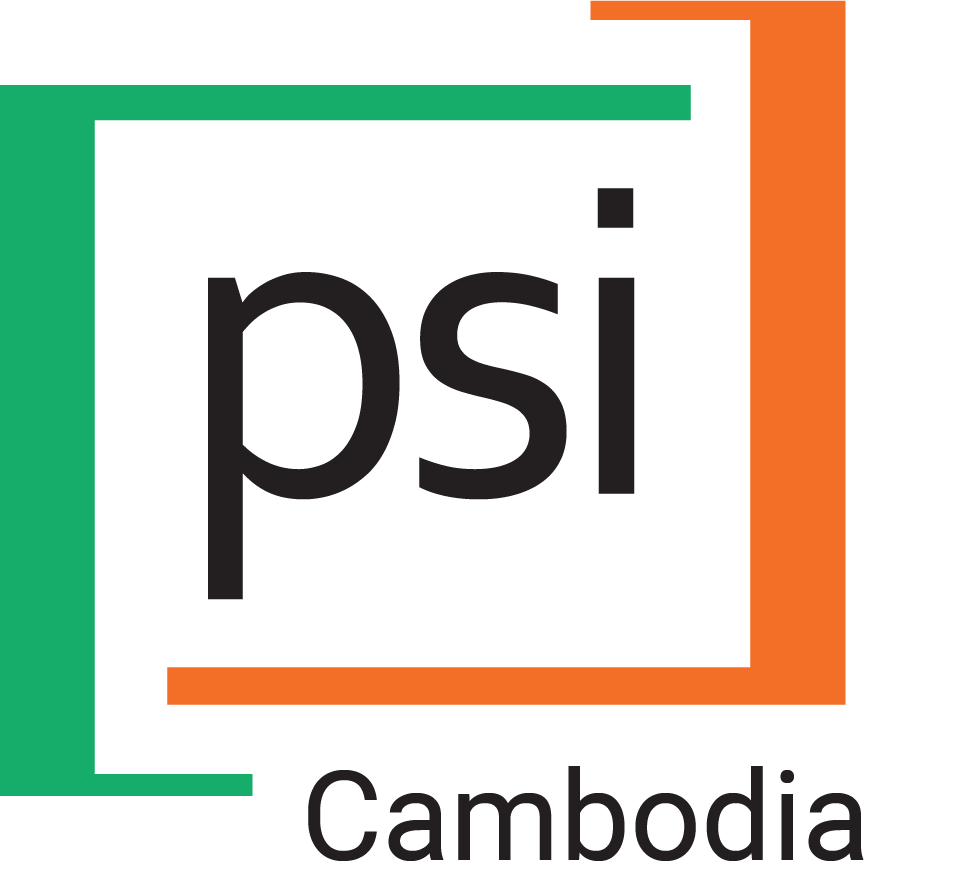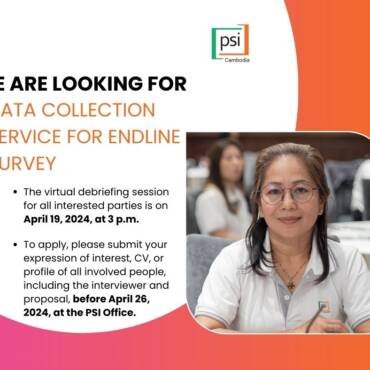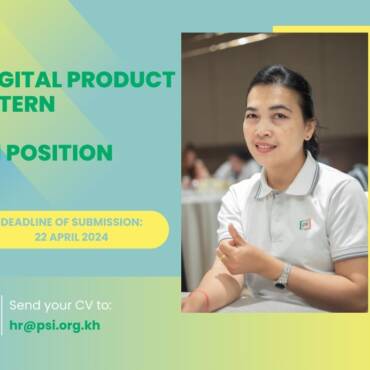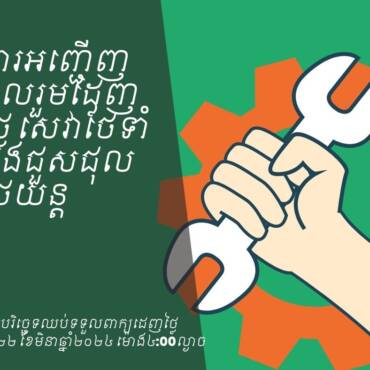“What looks clean might not be safe” Campaign
An SBC intervention to reduce instances of diarrhea by improving efficacy of key WASH behaviors
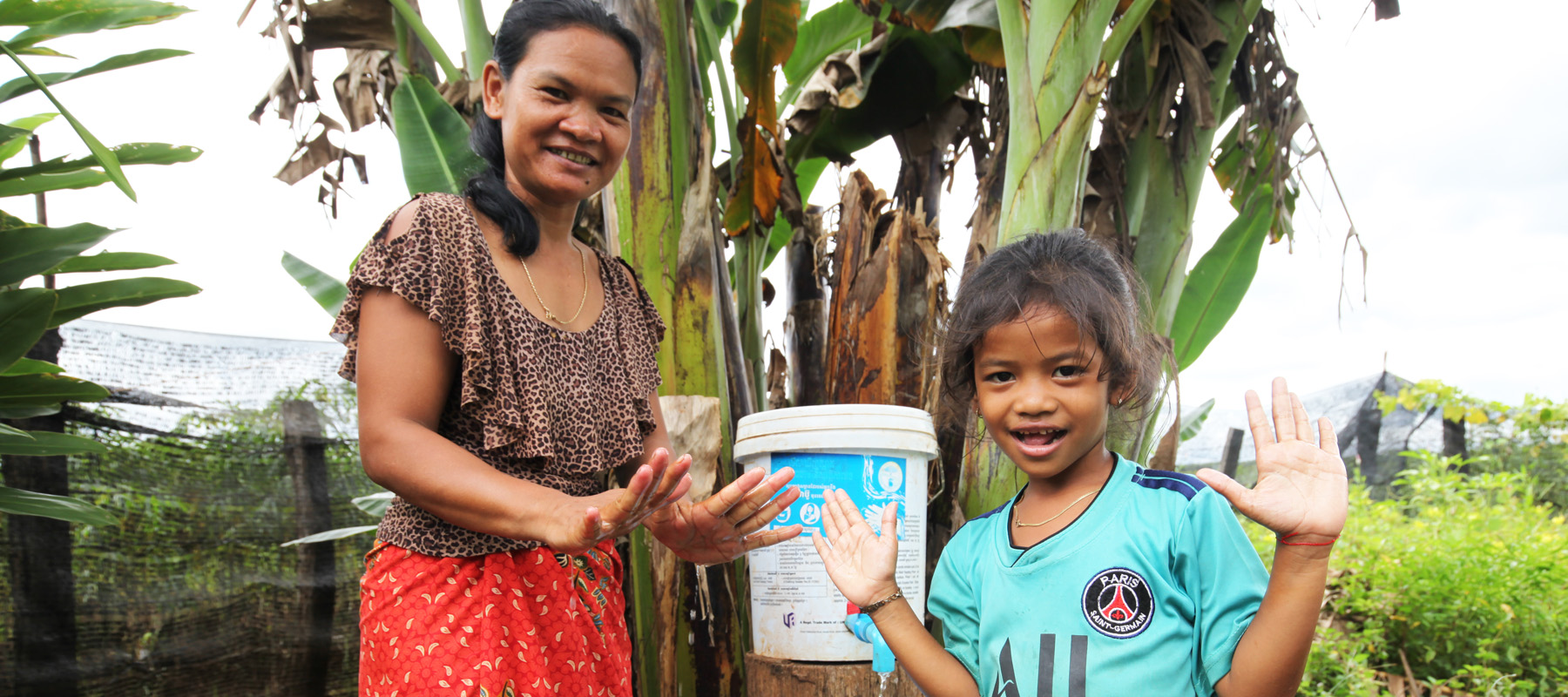
Two key reasons for diarrhea in adults and children stem from dirty hands (contaminating food, touching eyes, nose, and mouth) and drinking untreated water. Left untreated, long-term diarrhea in children under 5 can lead to stunting from malnutrition and/or premature death.
The USAID-funded Promoting Healthy Behaviors Project (PHB) is implementing a social and behavior change (SBC) intervention with local implementing partners to greatly reduce diarrhea by making it easier for rural households to wash their hands at the 5 critical times and to safely treat and store drinking water.
The overarching concept for the intervention is “What looks clean might not be safe”. The presence of dirt was one of the key reasons described during field immersion for people to perform the key behaviors such as handwashing with soap. Participants reported that absence of visible dirt made them believe their hands to be clean. The concept is intended to challenge such belief that dirt and germs are always visible. In fact, often they are not.
PHB’s SBC intervention motivates the public to perform key behaviors to protect themselves and their families by using a tag line with clear calls to action and providing households access to an affordable or a DIY WASH Kit to make their own desirable handwashing stations and safe storage for treated water.
KEY MESSAGES
- What looks clean might not be safe.
- Wash your hands with soap and water at 5 critical times
- Drink boiled or treated water and stored safely
- Install a WASH Kit in their homes
TARGET AUDIENCES
- Caregivers of children (mothers, fathers and grandmothers)
BEHAVIORAL OBJECTIVES
Appropriate treatment of drinking water:
- Encourage Cambodian families to wash their hands with soap and water at the 5 critical times to reduce the risk of diarrhea
- Drink only appropriately boiled or treated and stored water to reduce the risk of diarrhea
Handwashing with soap at 5 critical times:
- Before preparing food/cooking
- Before eating
- Before feeding (an infant)
- After using the latrine
- After cleaning/changing an infant
STRATEGIES AND TOOLS
TO RAISE AWARENESS ON WASH
A set of recorded messages are played over loudspeaker outside the village chief’s house (where a sample WASH Kit is set up) that details the WASH key behaviors and encourages practice.
“What looks clean might not be safe” posters are displayed in Health Centers, village/commune halls with call-to-action messages – ask your chief how to set up WASH Kit at home.
“What looks clean might not be safe” banner is displayed at the community event with clear message asking people to wash hands with soap at all 5 critical times and only drink boiled or filtered water and store it safely.
Each demo WASH Kit includes 4 Nudge Stickers with visual cues to remind household members to practice key behaviors – stickers to be displayed in the Kitchen, latrine, on safe drinking water containers and containers with unsafe water for drinking.
TO ENGAGE WITH THE COMMUNITY AND PROMOTE WASH KEY BEHAVIORS
A 1.5-hour child-friendly community event is designed to engage with household caregivers. Events are led by the local village chief/influencer and Interpersonal Communication (IPC) agent that aim to challenge the misconception about unseen germs, learn how germs can be transferred, critical handwashing times, treating/storing clean drinking water, experience the benefit of handwashing station and learn how to install one at home.
Leaflets with information regarding the WASH recommended behaviors and DIY WASH Kit instructions can be collected from the village chief and used by IPCs and local hosts at community engagement events.
TO ENSURE CORRECT ADOPTION OF WASH BEHAVIORS
Household visits are conducted by the village chief/influencer and IPC agent (when possible) for those community event attendees (within 1 week after the event) or any households that have prepared or installed a WASH Kit and claim the incentive. Household visits focus on assisting with WASH Kit drill/installation, ensuring correct placement of handwashing stations and safe drinking water treatment/storage facilities. Those households meet the WASH key behavior requirements will receive the incentives – a bar of soap in a reusable mesh bag that can be hung from the tap of the handwashing station.

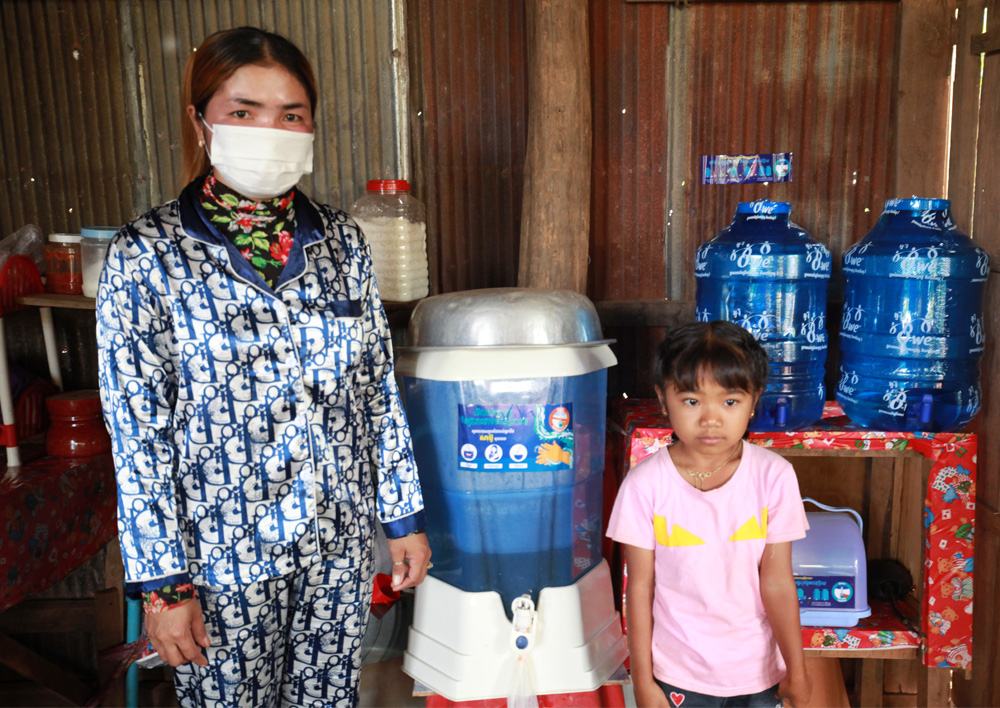
“Drinking filtered water keeps my family healthy. I do not have to take time from work to care for sick children and have more energy to complete daily tasks!”
– Leng SokLea, mother of 2, Khlei Village, Thbong Khmum
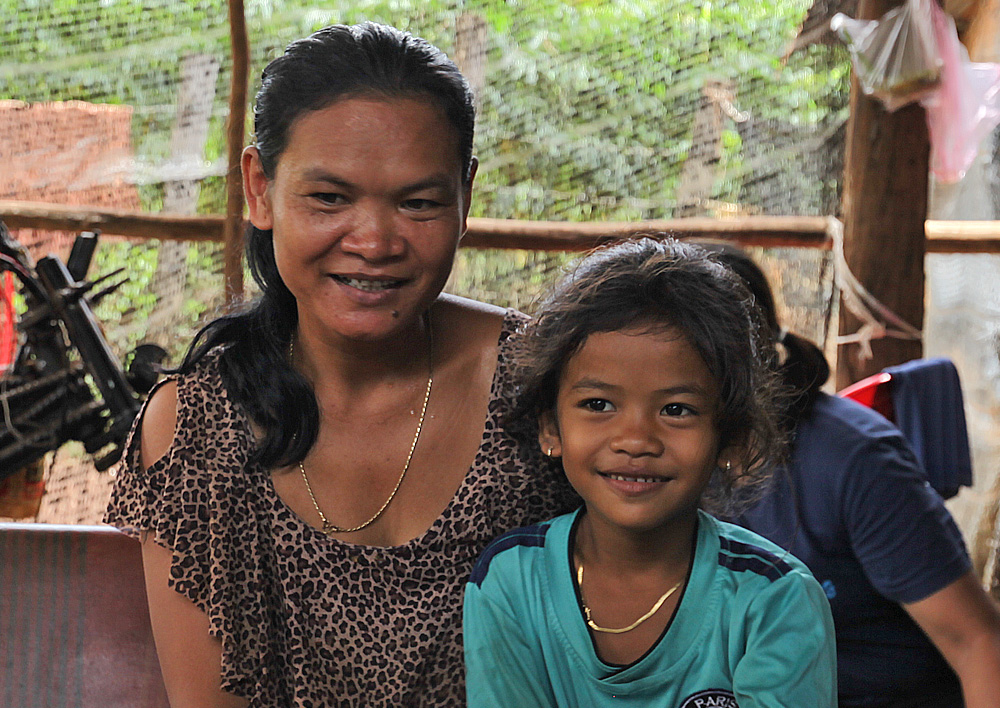
“My children really like to wash hands using the washing station and we do not have diarrhea since we follow the hand washing and safe drinking water recommendations.”
– Meng Nary, mother of 2, KraSang village, Thbong Khmum
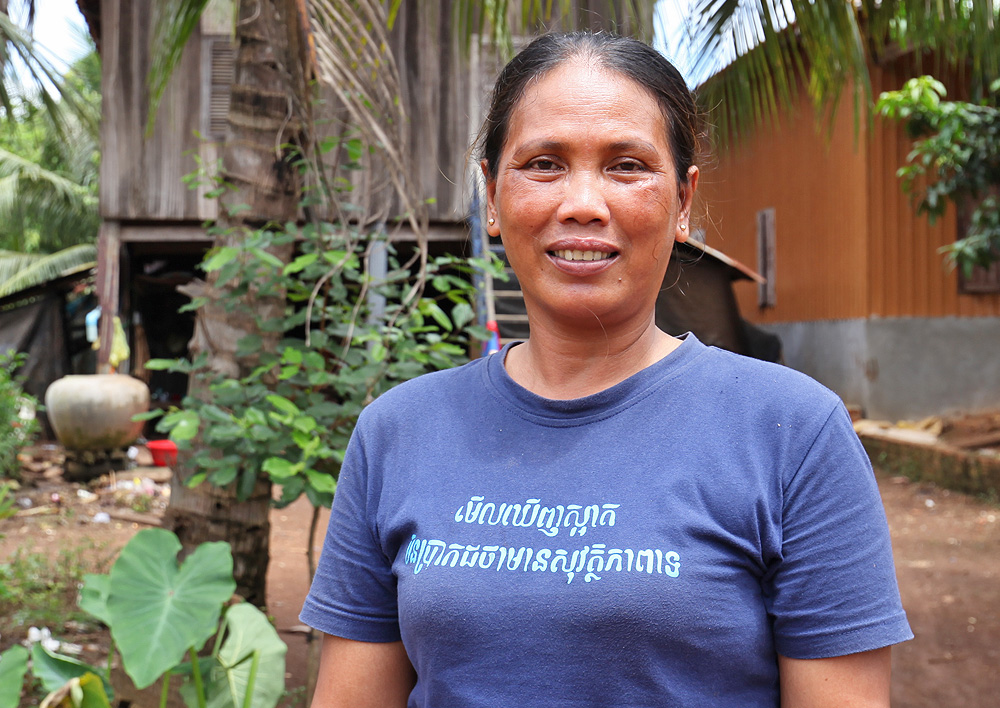
“Spend small amount of money set up washing station and drink treated water so we don’t have to spend $10-12 and waste time to see a doctor when sick from diarrhea.”
– Vath SiNath, KraSang village, Thbong Khmum
MONITORING, EVALUATION AND LEARNING
PHB conducts ongoing monitoring of this and all its SBC activities, capturing data in terms of activities implemented, people reached, and materials distributed, as well as information on beneficiaries’ knowledge, attitudes, and behavior prior to and after exposure to PHB’s activities. Results and lessons learned are used to iterate and improve the SBC activities, and are regularly shared with the wider SBC community.
* The Promoting Healthy Behaviors (PHB) Activity is a USAID-funded Social and Behavior Change project that commenced in 2018. The goal of PHB is to improve health behaviors among Cambodians and ensure they seek and receive quality healthcare with decreased financial hardship. PHB initially targeted 6 key health areas: Maternal & Child Health; Nutrition; Water, Sanitation and Hygiene (WASH); Tuberculosis; Family Planning; and Malaria. In 2020-2021, PHB also implemented COVID-related activities in response to the global pandemic. Towards the end of 2021, noncommunicable diseases (NCDs) were added to PHB’s health portfolio, and the project was extended until June 2025.
